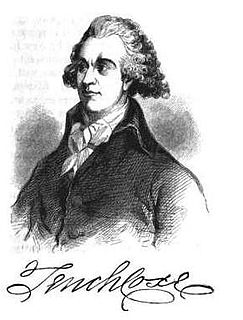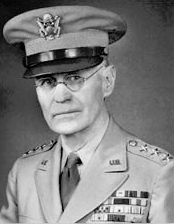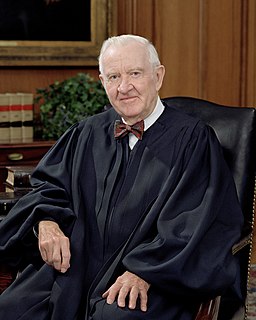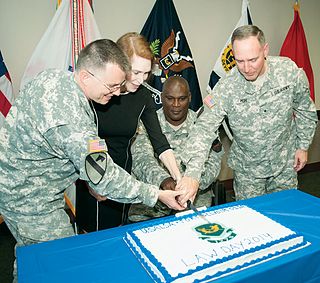A Quote by Tench Coxe
The powers of the sword are in the hands of the yeomanry of America from sixteen to sixty. The militia of these free commonwealths, entitled and accustomed to their arms, when compared with any possible army, must be tremendous and irresistible. Who are the militia? Are they not ourselves? Is it feared, then, that we shall turn our arms each man against his own bosom. Congress has no power to disarm the militia.
Related Quotes
Have we the means of resisting disciplined armies, when our only defense, the militia, is put in the hands of Congress? Of what service would militia be to you when, most probably, you will not have a single musket in the state? For, as arms are to be provided by Congress, they may or may not provide them.
First, the constitution ought to secure a genuine and guard against a select militia, by providing that the militia shall always be kept well organized, armed, and disciplined, and include, according to the past and general usuage of the states, all men capable of bearing arms; and that all regulations tending to render this general militia useless and defenceless, by establishing select corps of militia, or distinct bodies of military men, not having permanent interests and attachments in the community to be avoided.
The constitution ought to secure a genuine militia and guard against a select militia. ...All regulations tending to render this general militia useless and defenseless, by establishing select corps of militia, or distinct bodies of military men, not having permanent interests and attachments to the community ought to be avoided.
When I joined the Supreme Court in 1975, both state and federal judges accepted the Court's unanimous decision in United States v. Miller as having established that the Second Amendment's protection of the right to bear arms was possessed only by members of the militia and applied only to weapons used by the militia.
It may be laid down as a primary position, and the basis of our system, that every Citizen who enjoys the protection of a free Government, owes not only a proportion of his property, but even his personal services to the defence of it, and consequently that the Citizens of America (with a few legal and official exceptions) from 18 to 50 Years of Age should be borne on the Militia Rolls, provided with uniform Arms, and so far accustomed to the use of them, that the Total strength of the Country might be called forth at a Short Notice on any very interesting Emergency.
Who are the militia? They consist now of the whole people, except a few public officers. But I cannot say who will be the militia of the future day. If that paper on the table [the Constitution] gets no alteration, the militia of the future day may not consist of all classes, high and low, and rich and poor.

































